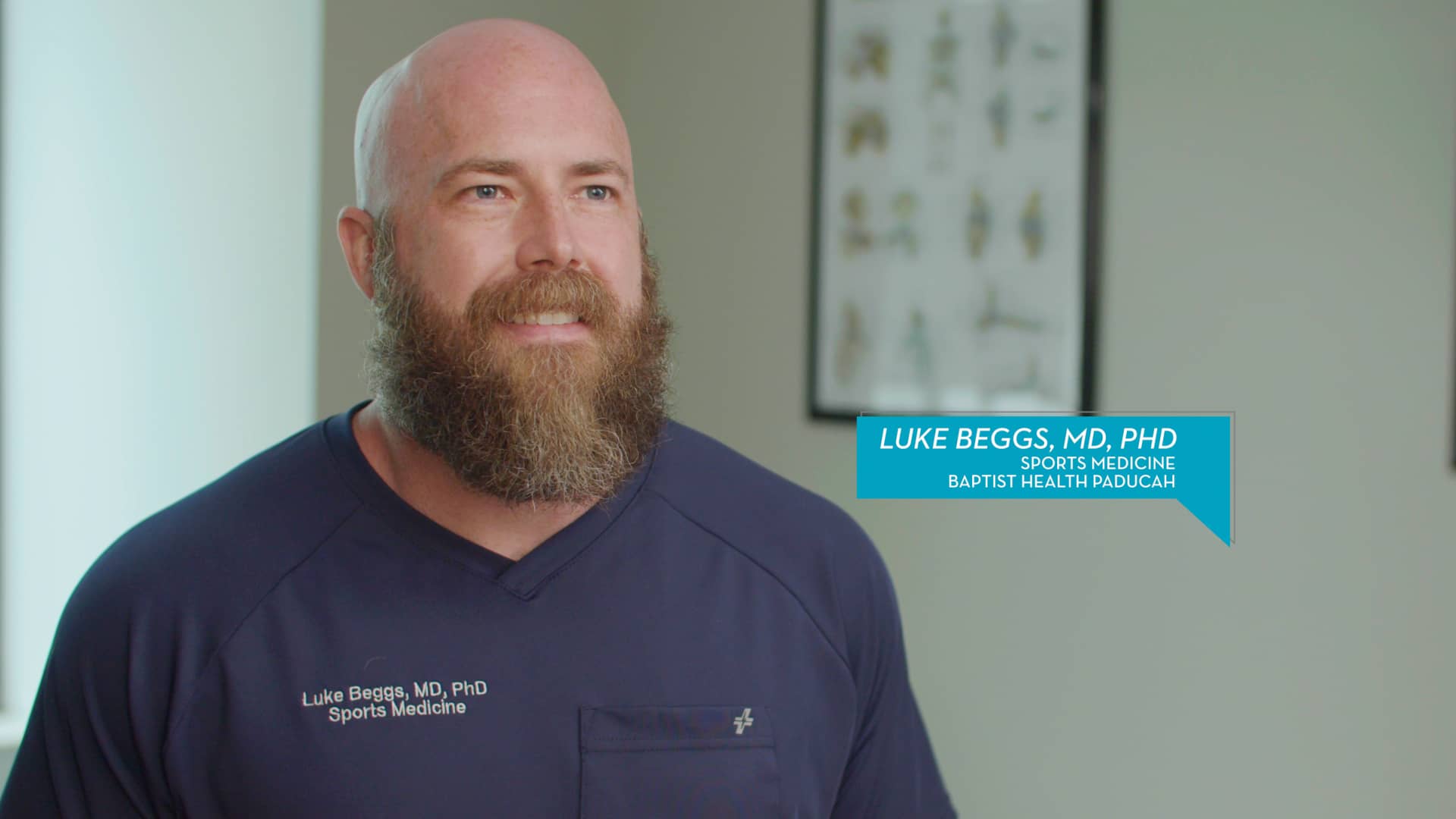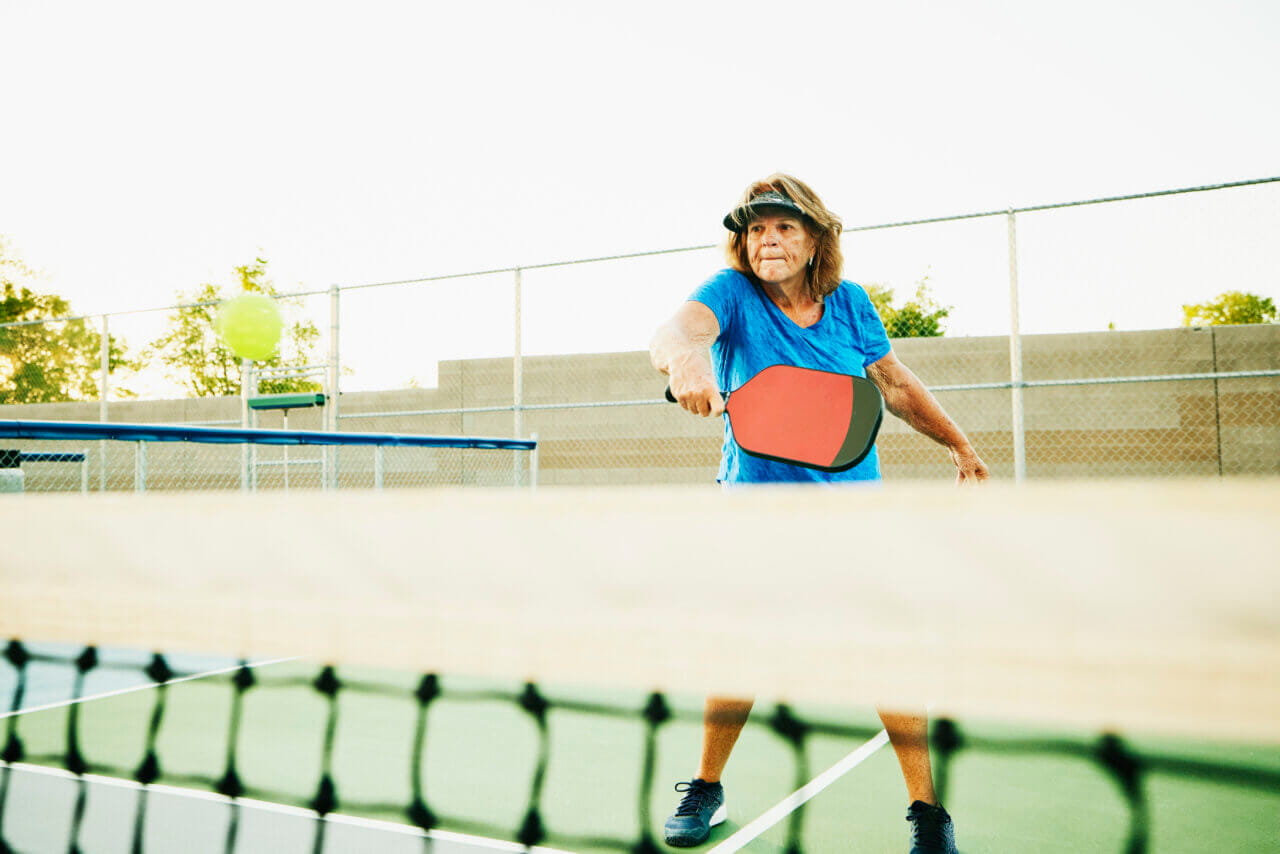Top Orthopedic Concerns for Pickleball Players and How to Treat Them
.jpg?rev=1816b377429d4f59b7e40be857d32186)
Pickleball is a great way to stay active and enjoy some friendly competition. However, the sport does put some demands on your body, with quick starts and stops, pivoting, bending, reaching, etc. Consequently, it’s a source of various orthopedic injuries (meaning those affecting muscles and bones).
If you love the game and hate being sidelined, you’ll find the information in this article helpful. It lists several of the top orthopedic issues for pickleball players and provides tips on how to treat them at home.
Pickleball Pain: How To Recover From 10 Common Orthopedic Injuries
Don’t let common orthopedic injuries keep you off the court for long. Learn what you can do to heal, recover and get back in the game.
1. Ankle Sprain
Pickleball requires sudden changes of direction and position that create the risk of sprained ankles. Treatment for these painful injuries involves RICE: rest, ice, compression and elevation. If you suffer a severe sprain, you may need to wear a brace and get physical therapy.
2. Lower Back Strain
The bending and twisting motions made during a pickleball match can strain the muscles of your lower back. The best treatment for minor lower back issues is rest and ice. You can reduce your risk of back problems by doing exercises to strengthen your core.
3. Paddleball Elbow
Also known as tennis elbow, lateral epicondylitis results from repetitive wrist and arm movements, such as hitting shots. If you experience this overuse injury, you can treat it with rest, ice and anti-inflammatory medications (Advil, Aleve, etc.). Physical therapy to strengthen your forearm can be helpful if this becomes a recurring problem.
4. Achilles Tendonitis
Your Achilles tendon connects your calf muscles to your heel bones. It experiences significant stress from the fast movements required in pickleball. Rest and ice are essential for treating Achilles tendonitis, and stretching before and after play can help reduce the risk of developing it.
5. Calf Strain
Sudden, forceful movements can injure your calf muscles. Treatment for calf strains includes rest, ice and compression. After the pain resolves, gentle stretching can help continue the healing process. When you’re playing again, stretching before and after a match is essential.
6. Rotator Cuff Strain
The rotator cuff is a group of four muscles surrounding the shoulder joint. Movements like reaching high overhead to make a shot can strain these muscles. Rest and ice can help reduce the swelling and pain of a rotator cuff strain. It’s also important to do exercises focused on strengthening the shoulder.
7. Patellar Tendonitis
Repeated bending and jumping can cause pain just below the kneecap from patellar tendonitis. Treatment for this condition includes rest, ice and exercises to strengthen the muscles around the knee and reduce the risk of future occurrences.
8. Wrist Sprain
Wrist sprains can develop over time from gripping the paddle incorrectly or suddenly from a fall. Rest and ice are the best treatments for them. For severe sprains, you might benefit from wearing a wrist brace to stabilize the joint as it heals.
9. Hamstring Strains
The hamstrings are three large muscles on the back of the thigh. They provide the power for fast, forceful movements. Sudden starts and stops or overextending the leg can cause hamstring injuries. Treatment for hamstring strains includes rest, ice and compression. Strengthening exercises can reduce the risk of future injuries.
10. Knee Sprain
Awkward twisting or overextending the knee joint are the most common causes of knee sprains. Rest, ice and compression are the best treatments. Physical therapy may be required for more severe sprains.
Get Help With Pickleball Injuries From Baptist Health
The orthopedic injuries listed above respond well to at-home treatment. However, in some instances, medical attention may be needed. You’ll also have to see your healthcare provider for more serious injuries like torn muscles, tendons and ligaments and broken bones.
If you get hurt playing pickleball, we’re here for you! Don’t have a Baptist Health provider? You can find one in our online directory.
Next Steps and Helpful Resources


